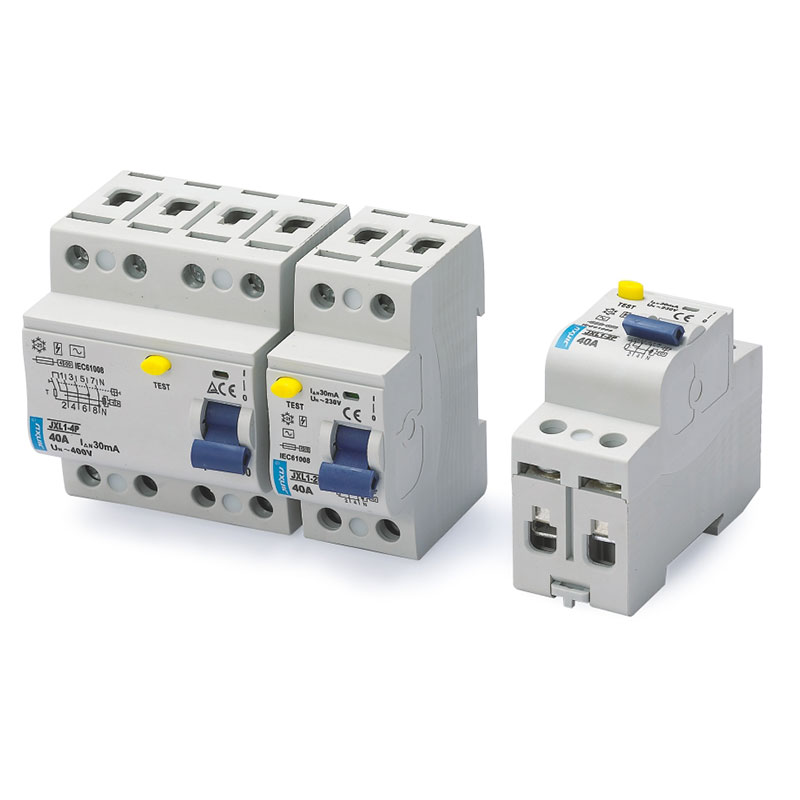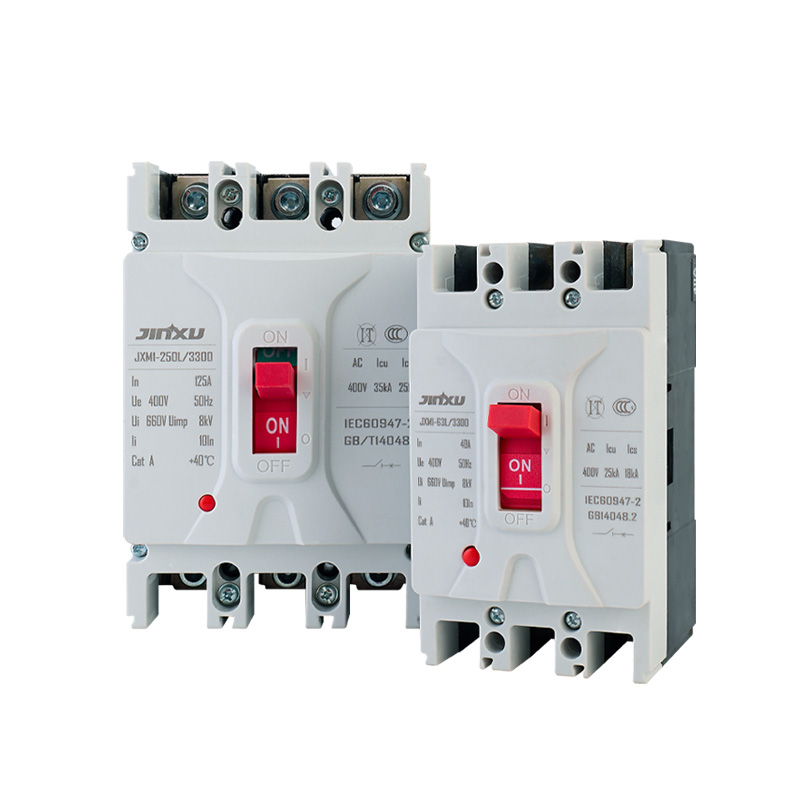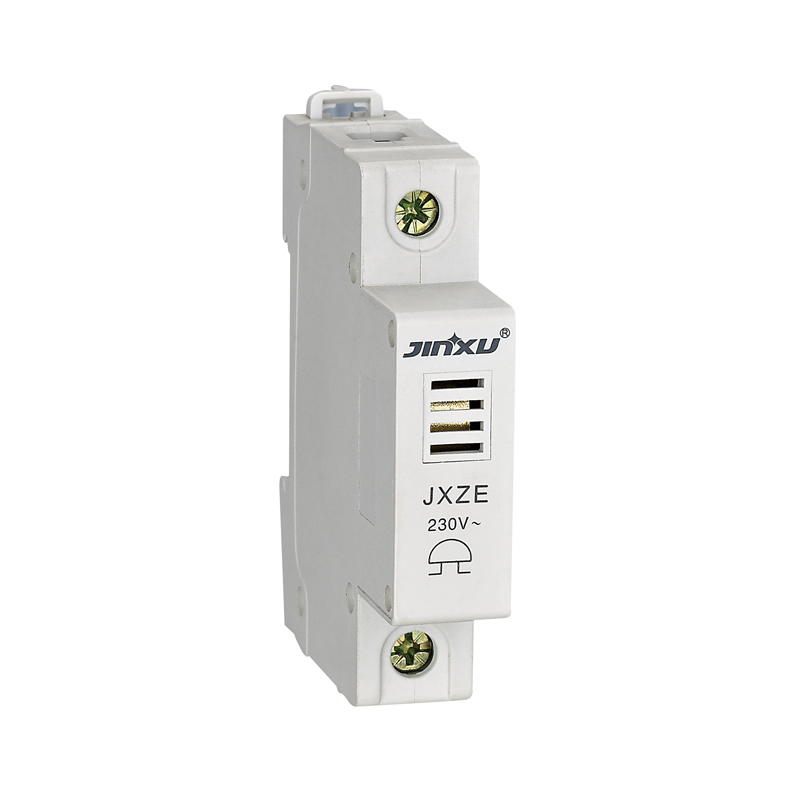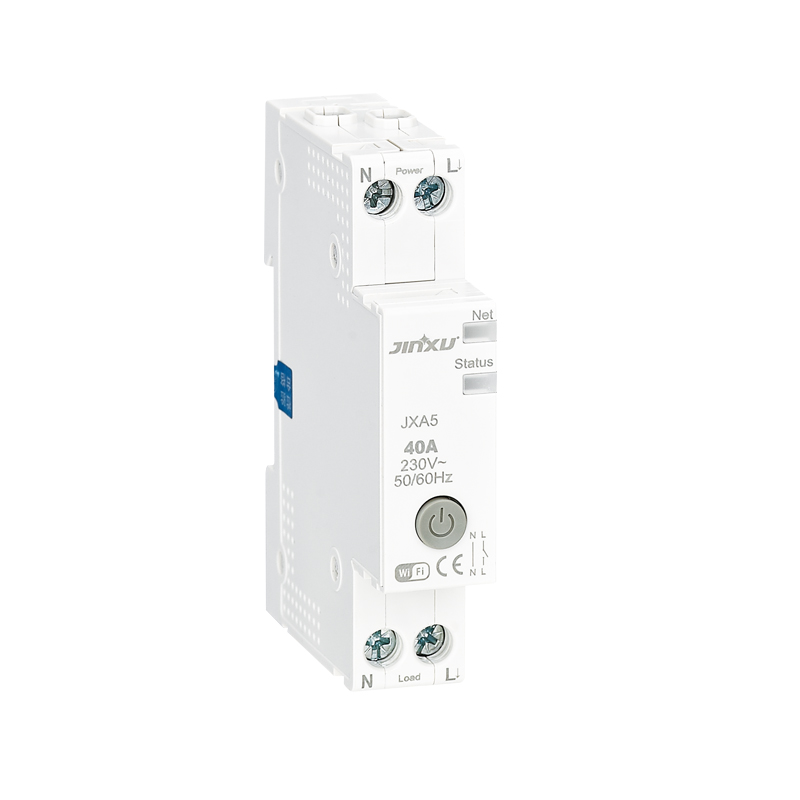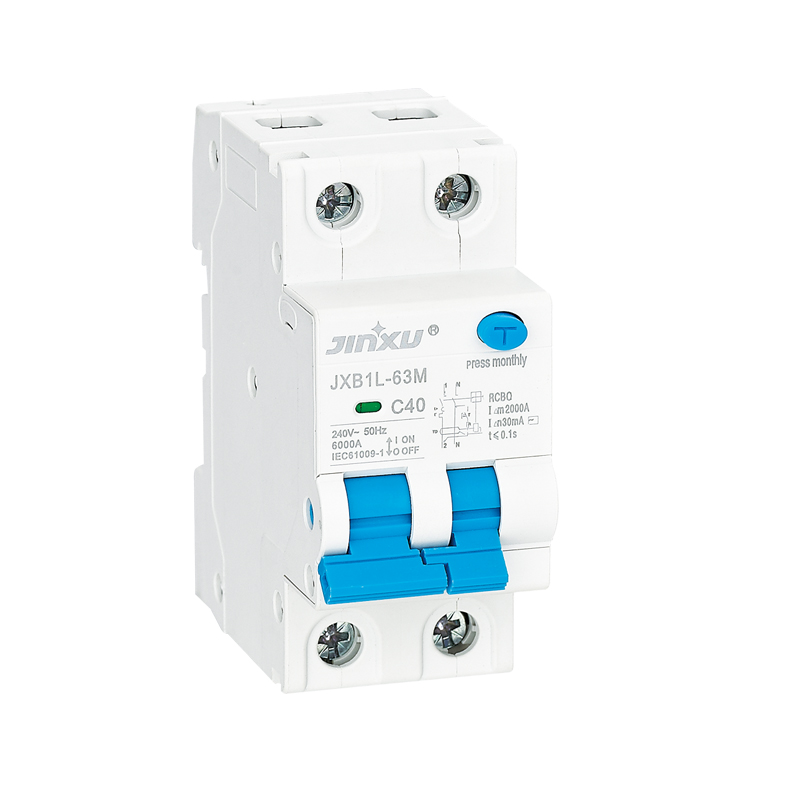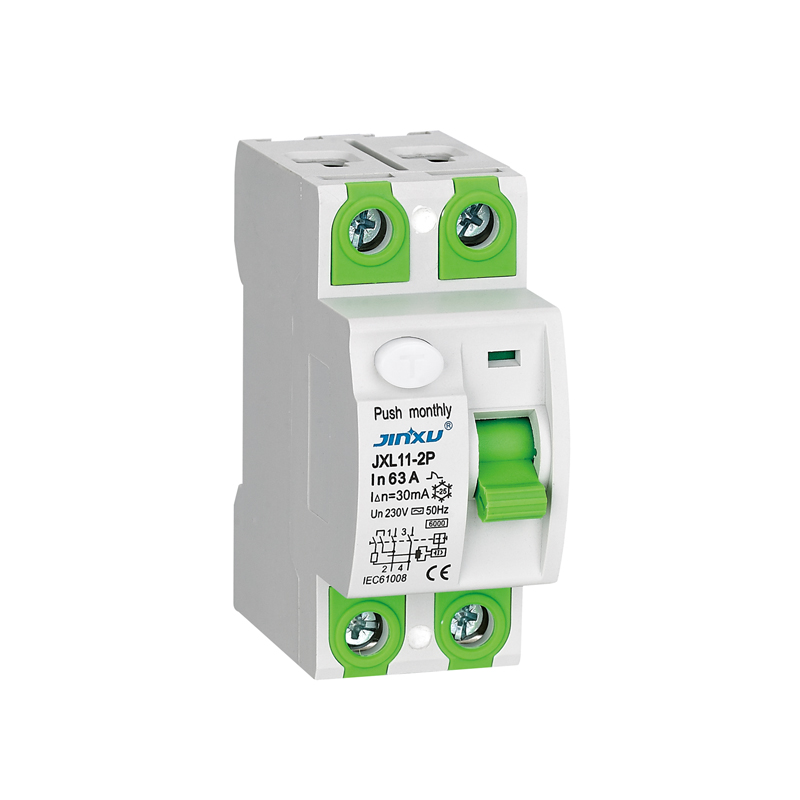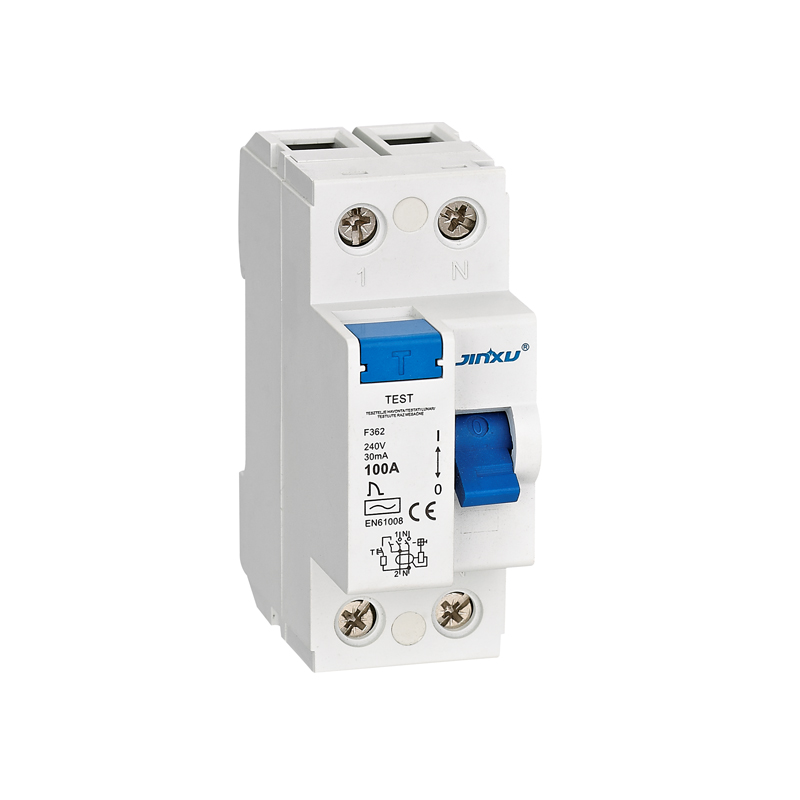What is the difference between RCCB and leakage protector?
What is the difference between RCCB and leakage protector?
[Circuit breaker knowledge] When the personal electric shock or the grid leakage current exceeds the specified value, the residual current operated circuit breaker can quickly cut off the faulty power supply in a very short time to protect the safety of the person and electrical equipment, and at the same time protect the circuit and motor. Overload or short circuits can also be used for infrequent switching of lines and non-complex starting of motors. Next, RCCB manufacturer will introduce the difference between the residual current circuit breaker and the residual current operated circuit breaker. You may wish to find out.
Residual current circuit breaker(RCCB)
1. The residual current refers to the vector sum of the instantaneous value of the current through the main circuit of the residual current action protection device, expressed by its effective value. For a single-phase line, the residual current is the current of the phase-to-ground leakage; for a three-phase line, the remaining current is the vector sum of the instantaneous values of the currents of each phase, expressed in its effective value.
2. RCCB is a relay protection device that can automatically disconnect the circuit or send out an alarm signal when the residual current in the protected circuit exceeds the set value under specified conditions. The residual current circuit breaker adopts the protection principle of automatically cutting off the power supply. In direct contact protection, it is additional protection as a basic protective measure to prevent electric shock hazards; in indirect contact protection, it is used as a limited protection to prevent electric shock hazards or electrical fire hazards caused by ground faults that make the exposed conductive parts of electrical equipment carry dangerous voltages.
3. Residual current circuit breaker is mainly composed of four basic links, namely signal detection, signal processing, actuator, and test device.
The residual current circuit breaker manufacturer's warm answer is residual current protection circuit breaker is one of the important electrical equipment in the low-voltage power distribution system, it is a switching device used to cut off and distribute overcurrent and short circuit faults generated in the circuit, its The principle of action is to use the oxidation reaction of the arc on the surface of the metal conductor to extinguish the arc. Because this arc extinguishing method has the characteristics of fast, high efficiency, and no spark (compared with flashover fire extinguishing), it is widely applied to power distribution devices of various voltage levels in the power system.
The role of residual current protection:
1. Prevent phase-to-phase or ground short circuit;
2. Prevent the risk of electric shock;
3. Improve power supply reliability.
Leakage circuit breakers
The function of the leakage circuit breaker is leakage protection and overload protection, etc. The leakage circuit breaker detects the residual current, and the residual current circuit breaker is also a form of leakage protector. The same point as the leakage circuit breaker is that it plays a role in the circuit leakage. Protective effects.
The above is about the difference between leakage circuit breakers and residual current-operated circuit breakers. We also understand the difference between leakage circuit breakers and residual current-operated circuit breakers. I hope the above content will be helpful to everyone.


